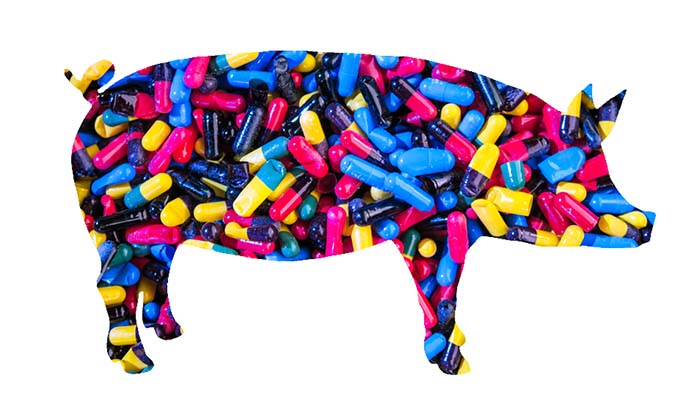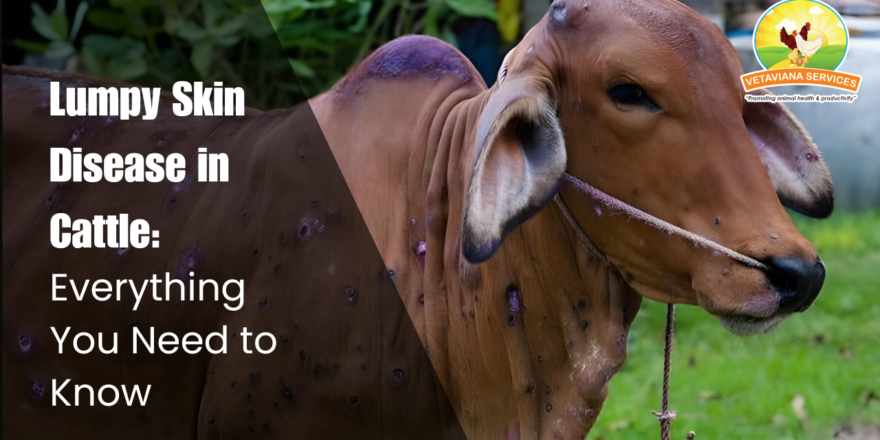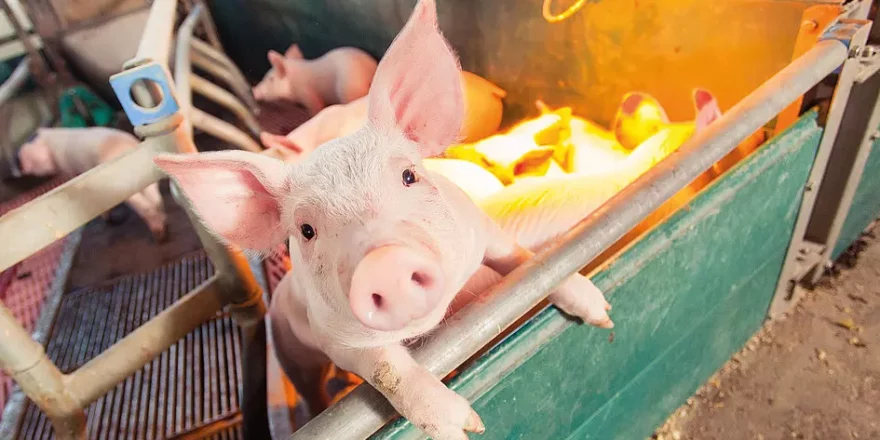
When it comes to livestock and poultry health, antibiotics have long been a valuable tool for preventing and treating diseases. However, with great power comes great responsibility. It’s crucial to understand the responsible use of antibiotics and the pressing need to reduce antimicrobial resistance (AMR) in our animals. In this blog, we will take a deep dive into this vital topic, ensuring the well-being of your animals and the sustainability of your farm.
The Basics of Antibiotics:
Antibiotics are powerful medications that can effectively combat bacterial infections in animals. But here’s the thing: they don’t work against viruses, fungi, or parasites. It’s essential to differentiate between these various health threats, as the misuse of antibiotics on non-bacterial infections is not only ineffective but also contributes to AMR.
The Importance of Responsible Use:
- Preservation of Effectiveness: Antibiotics are not a limitless resource. Overusing or misusing them can lead to antibiotic resistance. This means that antibiotics that once cured infections might no longer be effective.
- Animal Welfare: Responsible antibiotic use is crucial for the health and welfare of your livestock and poultry. It helps prevent suffering due to untreated bacterial diseases.
- Food Safety: Antibiotics can leave residues in animal products. Responsible use ensures that these residues remain within safe limits, safeguarding the quality and safety of the food we consume.
Principles of Responsible Antibiotic Use:
- Consult a Veterinarian: Always involve a veterinarian in the decision-making process. They can provide guidance on whether antibiotics are necessary, which ones to use, and how to administer them.
- Use Antibiotics Only When Necessary: Antibiotics should be a last resort. Consider non-antibiotic alternatives such as vaccines, improved hygiene, and biosecurity measures whenever possible.
- Follow Dosage Instructions: Give antibiotics at the prescribed dosage and duration. Never stop treatment prematurely, as it can lead to incomplete recovery and AMR.
- Record Keeping: Maintain detailed records of antibiotic use on your farm. This helps track the health of your animals and ensures you’re in compliance with regulations.
Supporting Responsible Practices:
- Education: Stay informed about best practices in animal health. Attend workshops, seminars, and webinars to keep your knowledge up-to-date.
- Advocacy: Support policies and practices that promote responsible antibiotic use. Advocate for regulations that limit the use of antibiotics as growth promoters.
- Collaboration: Work with industry organizations, veterinarians, and fellow farmers to share knowledge and experiences related to responsible antibiotic use.
Responsible antibiotic use is not just a choice; it’s an ethical and health imperative. By following these principles, you contribute to the well-being of your livestock and poultry, ensure food safety, and help combat the global challenge of antibiotic resistance. Let’s work together to build a healthier, more sustainable future for our farms and animals.



